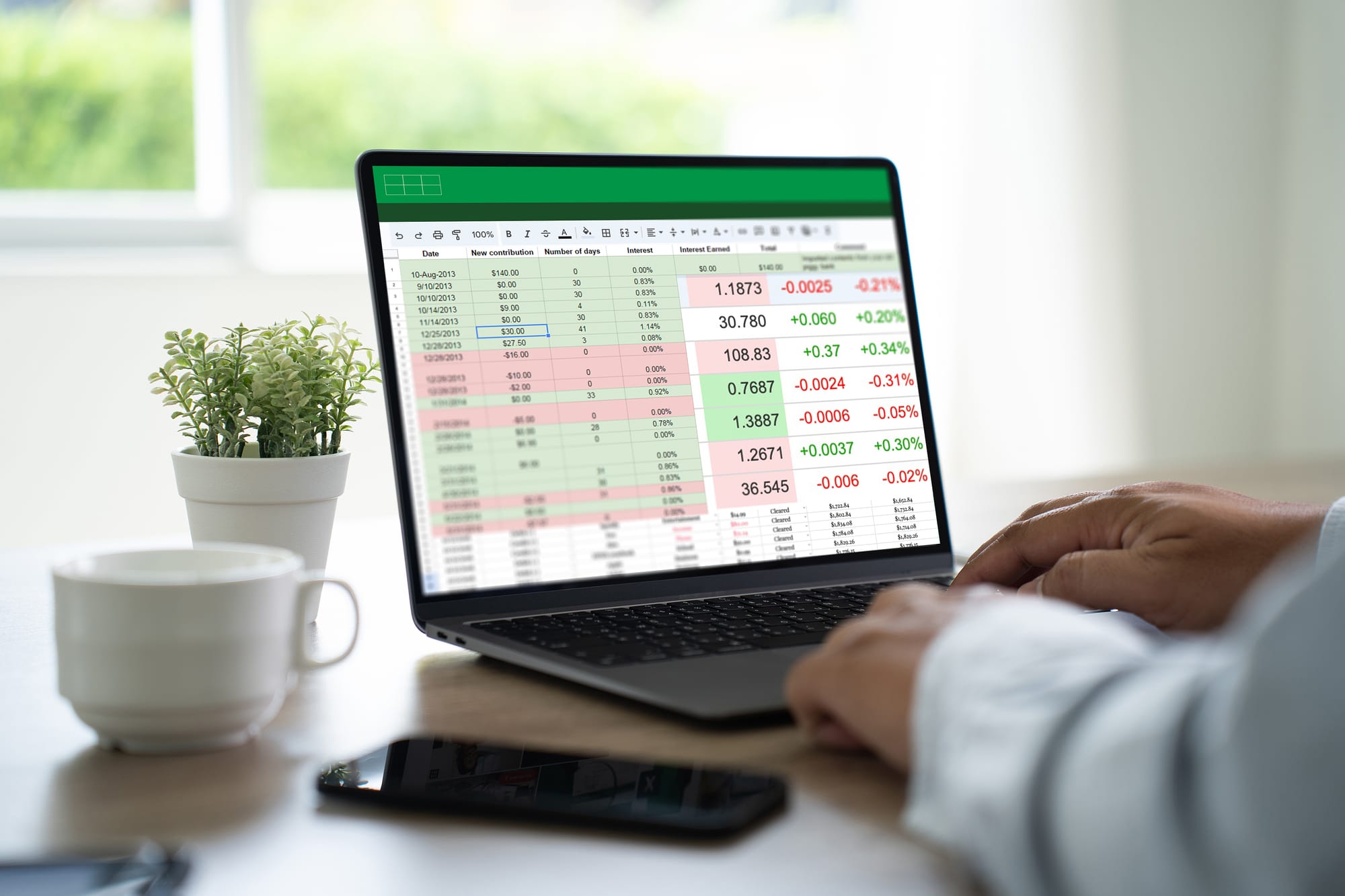Workshop on Business Intelligence and Data Analytics


Business Intelligence (BI) and Data Analytics have become essential tools for organizations seeking to make data-driven decisions. The relevance of BI and Data Analytics lies in their ability to transform raw data into actionable insights, enabling businesses to improve efficiency, customer satisfaction, and overall performance. This workshop guide will provide an in-depth exploration of BI and Data Analytics, covering everything from basic concepts to advanced applications.
What is Business Intelligence?
Definition
Business Intelligence refers to technologies, processes, and practices used to collect, integrate, analyze, and present business data. The goal of BI is to support better business decision-making.
Importance of BI in Modern Business
- Decision-Making: BI helps organizations make informed decisions by providing insights based on data.
- Efficiency: Automating data collection and reporting saves time and reduces errors.
- Competitive Advantage: By understanding market trends, customer behavior, and internal processes, companies can gain a competitive edge.
What is Data Analytics?
Definition
Data Analytics involves examining datasets to draw conclusions and make predictions. It uses various statistical techniques and tools to uncover patterns, correlations, and trends in data.
Types of Data Analytics
- Descriptive Analytics: Summarizes historical data to understand what has happened.
- Diagnostic Analytics: Analyzes data to determine why something happened.
- Predictive Analytics: Uses data, statistical algorithms, and machine learning to predict future outcomes.
- Prescriptive Analytics: Recommends actions based on data analysis.
Key Differences Between BI and Data Analytics
BI vs. Data Analytics
- Focus: BI focuses on historical data and reporting, while Data Analytics is more about predicting and prescribing future actions.
- Tools: BI tools are typically used for dashboards and reporting, while Data Analytics tools involve more complex statistical analysis and modeling.
- Purpose: BI helps in making strategic decisions, whereas Data Analytics often aids in operational and tactical decisions.
Core Components of BI and Data Analytics
Data Warehousing
Data Warehousing involves collecting, storing, and managing large volumes of data from different sources. It forms the foundation for BI and Data Analytics.
ETL Process
The Extract, Transform, Load (ETL) process is a critical part of data integration. It involves extracting data from various sources, transforming it into a suitable format, and loading it into a data warehouse.
Data Visualization
Data Visualization tools help in presenting data in graphical formats like charts, graphs, and dashboards, making it easier to understand and interpret.
Reporting
Reporting tools provide the ability to generate detailed reports from data, enabling users to view and analyze information.
Machine Learning and AI
Advanced Data Analytics involves the use of Machine Learning and Artificial Intelligence to analyze large datasets, identify patterns, and make predictions.
Tools and Technologies in BI and Data Analytics
Popular BI Tools
- Tableau: Known for its data visualization capabilities.
- Power BI: A versatile tool from Microsoft that integrates well with other Microsoft products.
- Qlik Sense: Offers powerful analytics and visualization features.
Popular Data Analytics Tools
- R: A programming language and environment for statistical computing.
- Python: Widely used for data analysis and machine learning.
- SAS: A software suite used for advanced analytics, business intelligence, and data management.
Applications of BI and Data Analytics
In Retail
- Customer Segmentation: Understanding customer segments for targeted marketing.
- Inventory Management: Optimizing stock levels based on sales trends.
In Healthcare
- Patient Care: Analyzing patient data to improve care and outcomes.
- Operational Efficiency: Reducing wait times and improving resource allocation.
In Finance
- Risk Management: Identifying and mitigating financial risks through data analysis.
- Fraud Detection: Using predictive analytics to detect and prevent fraud.
In Marketing
- Campaign Analysis: Measuring the effectiveness of marketing campaigns.
- Customer Insights: Understanding customer behavior to enhance personalization.
Benefits of Attending a BI and Data Analytics Workshop
Skill Development
Participants will gain hands-on experience with BI and Data Analytics tools, improving their technical skills.
Career Advancement
Professionals can enhance their career prospects by acquiring in-demand BI and Data Analytics skills.
Networking Opportunities
Workshops provide opportunities to network with industry professionals and like-minded individuals.
Real-World Applications
Participants will learn how to apply BI and Data Analytics techniques to real-world business scenarios.
Challenges and Solutions in BI and Data Analytics
Data Quality
- Challenge: Ensuring data accuracy and consistency.
- Solution: Implementing data governance practices.
Data Integration
- Challenge: Integrating data from disparate sources.
- Solution: Using ETL tools and data integration platforms.
Data Security
- Challenge: Protecting sensitive data from breaches.
- Solution: Implementing robust security measures and compliance practices.
User Adoption
- Challenge: Encouraging the adoption of BI tools across the organization.
- Solution: Providing training and support to users.
Future Trends in BI and Data Analytics
AI and Machine Learning Integration
The integration of AI and Machine Learning into BI tools will enhance predictive capabilities and automation.
Real-Time Analytics
Real-time data processing and analysis will become more prevalent, allowing businesses to make faster decisions.
Self-Service BI
Self-service BI tools will empower non-technical users to perform data analysis without relying on IT.
Data Governance
As data becomes more critical, organizations will focus more on data governance to ensure data quality and compliance.
Business Intelligence and Data Analytics are crucial for organizations looking to harness the power of data. By attending a workshop on these topics, professionals can gain valuable skills, stay ahead of industry trends, and contribute to their organization’s success. Whether you're new to the field or looking to deepen your knowledge, this workshop offers a comprehensive learning experience that will prepare you for the future of data-driven decision-making.
FAQs
What are the prerequisites for attending a BI and Data Analytics workshop?
Basic knowledge of data handling and familiarity with data tools like Excel can be beneficial but are not mandatory.
How long is a typical BI and Data Analytics workshop?
Workshops can range from a few days to several weeks, depending on the depth and breadth of the content covered.
Will I receive a certification after completing the workshop?
Many workshops offer certification upon completion, which can be a valuable addition to your professional credentials.
Can I apply the skills learned in the workshop to any industry?
Yes, BI and Data Analytics skills are versatile and can be applied across various industries, including finance, healthcare, retail, and more.